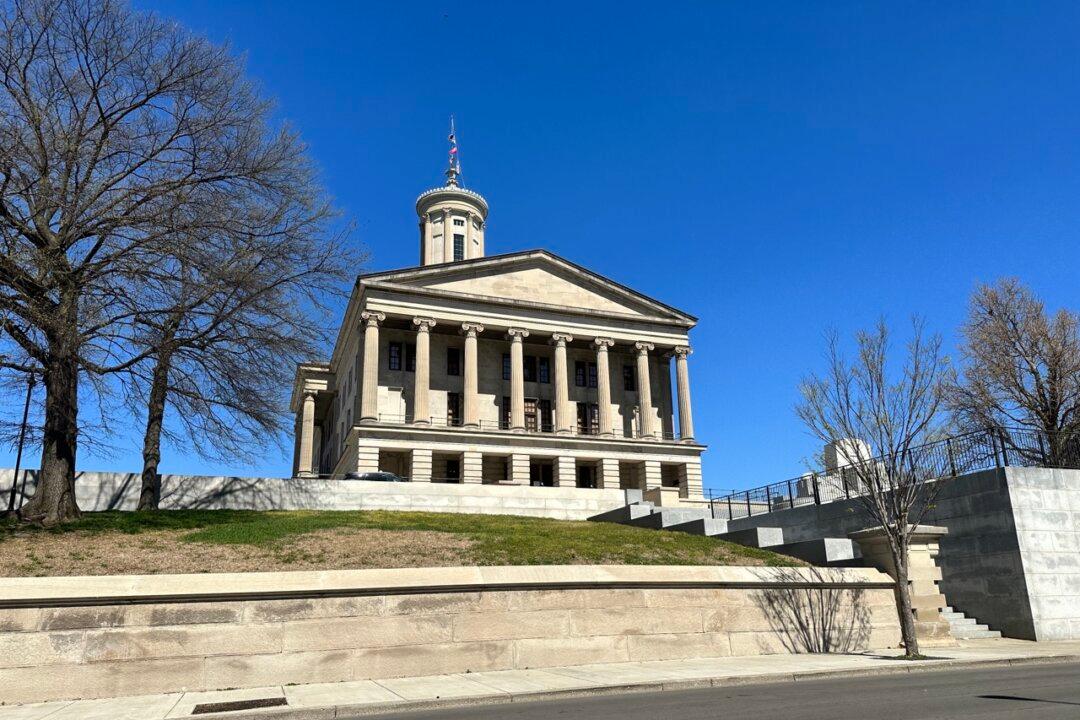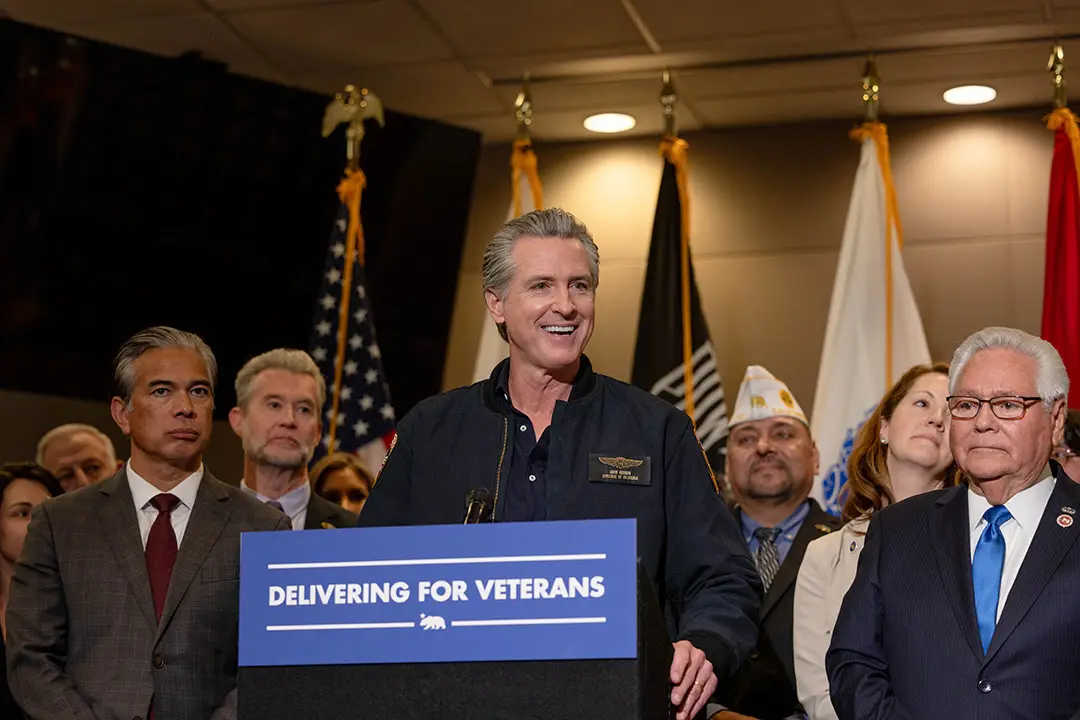The Covenant School, and its parent organization Covenant Presbyterian Church, will be allowed to argue their interest in whether or not the school shooter’s writings will be released to the public, as Chancellor I’Aesha Myles ruled for them to become third-party interveners in the public records case on May 24.
In her order on Wednesday evening, Myles said that arguments presented in the court on Monday impacted her decision. Then, the Covenant school and church argued that release of the documents could have a negative impact on the school and church’s security moving forward, as well as risking the release of private information that would cause harm.





